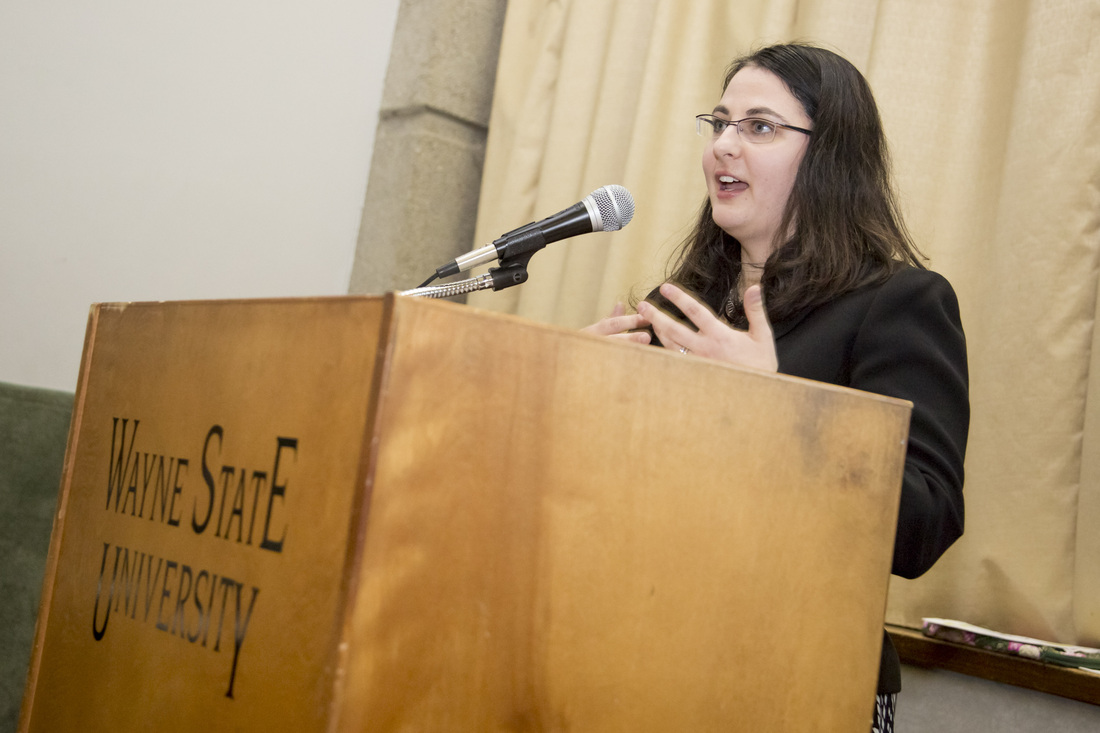WSU School of Social Work

Angelique Day, assistant social work professor and director of Wayne State's Transition to Independence Program (TIP) for foster youth student retention, has been asked to advise the federal government on the creation of a national center to support adoptive and guardianship families.
Day has joined a federal advisory panel of 28 child welfare experts who will guide the development of the National Quality Improvement Center for Adoption/Guardianship Support and Preservation. The Center is being developed through a federal grant by Southfield, Mich.-based Spaulding for Children in partnership with The University of Texas at Austin, The University of Wisconsin-Milwaukee, and The University of North Carolina at Chapel Hill. Among other things, the center will identify evidence-based services and interventions that states can offer adoptive and guardianship families threatened with dissolution because of behavioral, mental health and medical issues affecting youth taken into their care.
The center, which will be piloted in six to-be-determined states using models tailored to the unique needs of each one's child welfare population, represents the government's renewed commitment to a major tenet of child welfare.
"In 1997, the federal government identified three principles that states need to uphold with respect to the placement of children: safety, permanence, and well-being. This project focuses on permanence in a way that has not been seen before by incentivizing states to shore up their resources for these vulnerable families," said Day, who will assist the venture by identifying best practices in the literature. "Research shows that kids who are connected to permanent care fare much better than youth whose care is continually disrupted, most notably with respect to education, physical, and mental health."
Adoption is most likely to be successful when the adoptive family is properly educated about the background and needs of the child, is committed to embracing related challenges that arise, and has learned appropriate interventions for doing so. To assist these families, the center will look at providing competent mental health services, in-home counseling and case management, 24-hour call center support and in-home crisis intervention, support groups, respite, short- and long-term interventions, transition to new placement upon the death of an adoptive parent or guardian, and support for sibling and kin connections.
In addition to her contributions to the center, Day is also advising the Fostering Higher Education Project, a two-year project to design a college-focused intervention for youth aging out of foster care. Led by Amy Salazar of the University of Washington School of Social Work and funded by the National Institute on Drug Abuse, the intervention will assist foster youth from their junior year of high school through their first year of postsecondary education. Among other things, Day will identify components of Wayne State's TIP that could be successfully incorporated into the Fostering Higher Education Project.